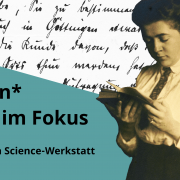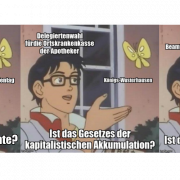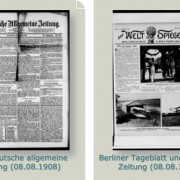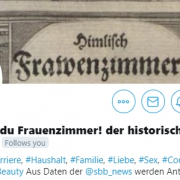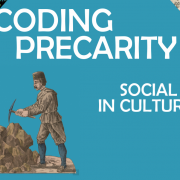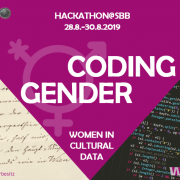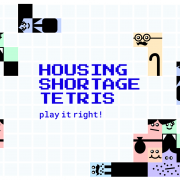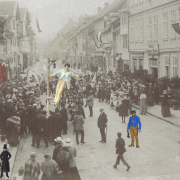Lou Andreas-Salomé – Interactive Storytelling
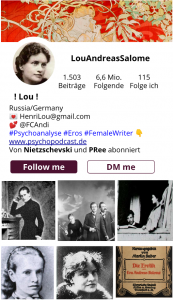
Extraordinary find at the Hackathon Coding Gender: the mobile phone of Lou Andreas-Salomé! She was smart, popular and incredibly well-connected, the psychoanalyst and writer Lou Andreas-Salomé; a true influencer of her time. But in the black and white pictures we can see of her today, she seems rather aloof, withdrawn and serious. Andreas-Salomé wrote numerous narrative texts, studied with Sigmund Freud and then did her own research in the field of psychoanalysis. But today hardly anyone knows her for this. Instead, she is usually remembered as a kind of muse of other intellectuals, since as a young woman she had close relationships with Paul Rée and Friedrich Nietzsche, and later with Rilke.
Storytelling: From Muse to Influencer
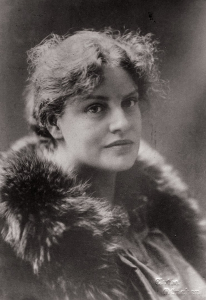
Lou Andreas-Salomé, c. 1897. With blind stamp of the Elvira studio, Munich
The project “Lous Handy”, which was launched at the very first culture hackathon Coding Gender of the Berlin State Library, aims to cast a different perspective on the woman who has shaped her life so self-determined and free. Lou’s life is just one example of a woman’s life, which can be prepared with the help of alternative storytelling like the one developed here for Lou. Thus, the prototypical project result is only a first step into the data set “Individual Lives – Documents of Individuals’ Lives”, which was made available by the the Berlin State Library during the hackathon.
Letter? WhatsApp!
To be able to tell her story in a new and different way, the team read her letters to Gerhard Hauptmann and his wife Margarete, deciphered her handwriting and turned them into digital texts. This includes the letters that Friedrich Nietzsche wrote to her as well as digital versions of her stories, novels and factual texts. Also the biographical texts about her according to the people with whom she cultivated friendships, from whom she was intellectually inspired, whom she loved and who loved her were searched extensively. The prototypical app, which was then developed and the story it tells, want to lead the users into her work, starting from her person. For this purpose, the bundled data was further analyzed. A spectrum of methods from the Digital Humanities was used, including network analyses with Gephi, Topics created with the DARIAH-Topics-Explorer and stylistic investigations with the R-Package Stylo.
The result in a screencast
The story of the project presentation hides all the hustle and bustle of the 1.5 day hackathon as best it could. After all, it was not the participants who were to be the focus of attention, but Lou Andreas-Salomé. And so here the team itself tells you about how they found Lou’s mobile phone by chance. See for yourself:
What’s going to happen to Lou’s phone now? The project focuses mainly on alternative storytelling. The reconnection of the reality of intellectual women’s lives to their work and also the portrayal of women as independent intellectual personalities remain an urgent concern even after the Coding Gender Hackathon. “Lous Handy” will probably be integrated as a prototype into one or more university teaching projects, in which students of literary studies themselves can tell the story of women poets and thinkers in a different way.

